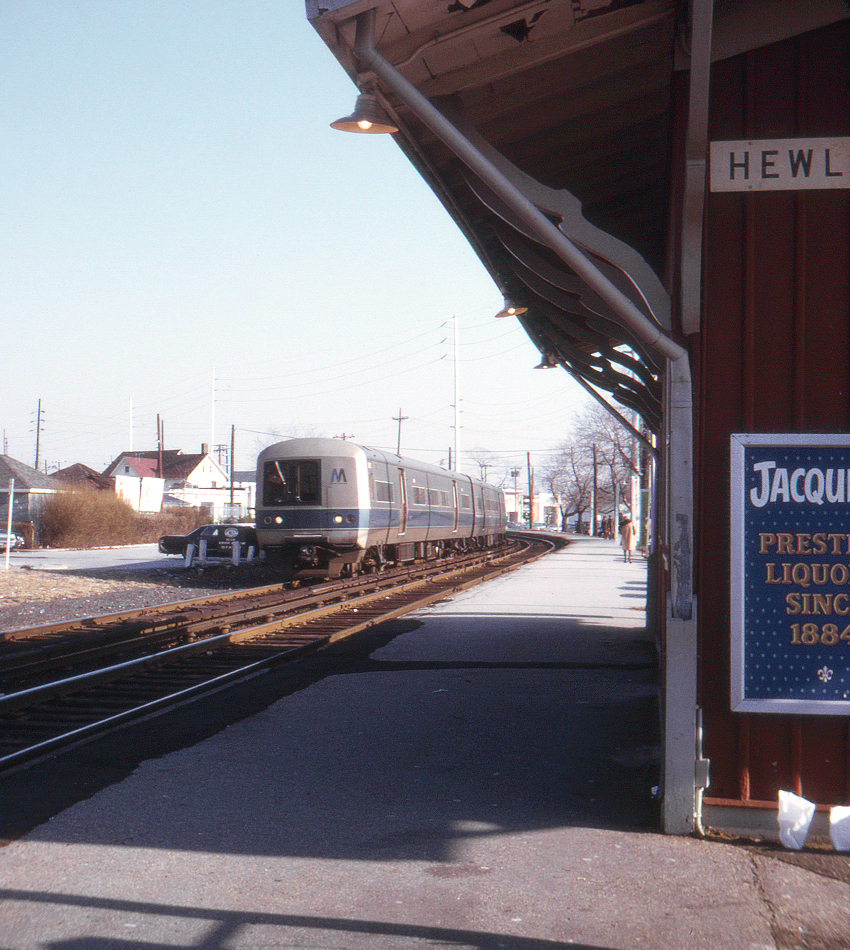

The Long Island Rail Road (note the space) was a far different railroad in 1973 than a decade earlier. Losing money since 1935 and bankrupt in 1949, the road was still using cars that dated as far back as 1908. In spite of a 12-year redevelopment program beginning in 1955, giving the road freedom from most state and local taxes and payments to parent Pennsylvania Railroad, by the time the program expired in 1966 the road was again in trouble. Work slowdowns, wildcat strikes and strike threats, wrecks and a blizzard were par for the course.
Meanwhile, then-governor Nelson Rockefeller had already begun overseeing a massive project for rehabilitating the LIRR. In 1965 the State of New York purchased the railroad from the Pennsylvania Railroad, its long-suffering owner since 1900 and itself in increasing financial difficulty. (The $65 million paid for the LIRR did little to help; the Penn Central merger and spectacular banktruptcy thereof were only a few years away). A design for a new M-1 multiple unit car was developed and a fleet of 620 ordered from the Budd Company. A new authority, to eventually become the Metropolitan Transportation Authority (MTA) was created to run the whole thing.
Unfortunately the new M-1 cars were rushed into service and soon rushed right back out again when serious bugs were discovered in braking and propulsion, necessitating the creation of a major 100-hour training program for 800 shopmen. It was at this time that Rockefeller made his famous statement (on August 7, 1968) that within two months the Long Island's commuter service was going to be the finest in the country. Although service was at least back to "normal" at year's end, it took a bit longer for his prediction to be (at least somewhat) realized.
Here an outbound train of M-1's is seen arriving at the Hewlett, Long Island station on the LIRR's Far Rockaway Branch, south of Valley Stream.